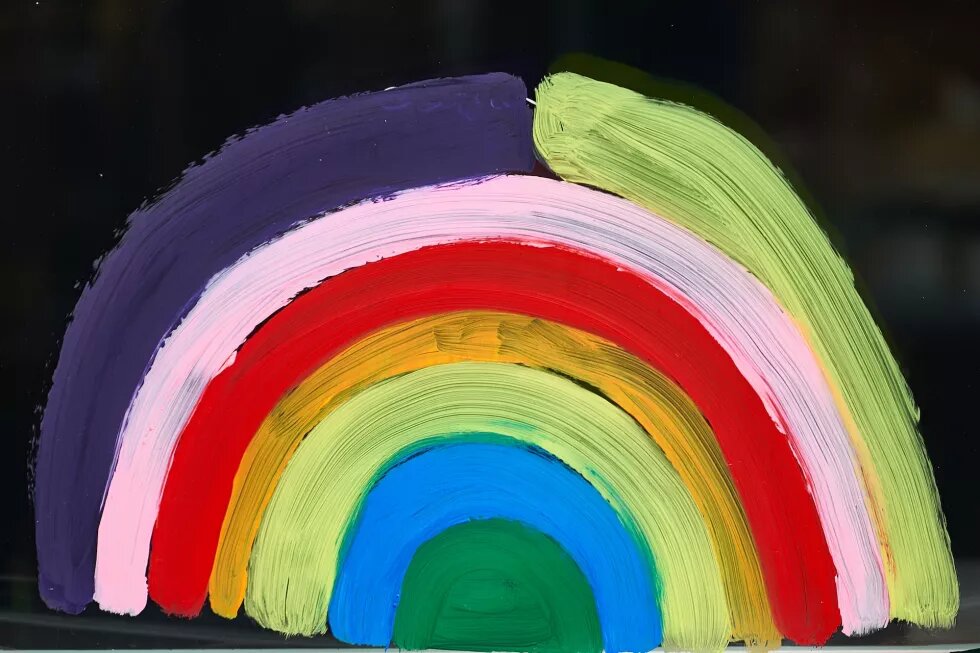Uthingo Network and 23 other civil society organisations raise a concern about the ongoing queerphobic bullying and discrimination against queer learners in South African schools and call on the Minister of Basic Education, Angie Motshekga, to hold teachers accountable and create queer-affirming school environments.

26 August 2022
Uthingo Network and 23 other civil society organisations raise a concern about the ongoing queerphobic bullying and discrimination against queer learners in South African schools and call on the Minister of Basic Education, Angie Motshekga, to hold teachers accountable and create queer-affirming school environments.
Dear Minister Motshekga,
The ongoing queerphobic bullying and discrimination against queer learners by teachers and fellow learners are concerning. We believe it is high time they received urgent attention from the Department of Basic Education. This treatment towards queer learners is unacceptable, and the lack of action by your department exacerbates this behaviour and the subsequent disrespect of queer rights as provisioned by the South African Constitution.
In the background of this queerphobic reality, this week, 15-year-old Tiro Moalusi, a grade 9 pupil from the PJ Simelane Secondary School in Soweto, took his life after being humiliated in class, allegedly by a teacher. It is reported that a student teacher mocked him over his sexual orientation and sexual expression in front of his classmates, who then joined the teacher in laughing at Tiro. If student teachers can conduct themselves in this manner, one can only wonder what the behaviour of some permanent teachers is. As human rights civil society organisations advocating for the inclusion, safety and affirmation of all learners regardless of their gender and sexual identity, we strongly condemn the attitude and prejudice displayed by the teacher, which stands in contrast to the constitutional rights of the learner.
Sadly, Tiro is not the first learner to commit suicide because of school-based queerphobic bullying. In June, Mpho Falithenjwa, a 14-year-old learner from Orange Farm, took his life after being bullied for identifying as gay at school and in his community. Mpho’s sister explained that he was bullied and that a specific incident happened at school where a classmate addressed him using an anti-gay slur. In another similar case, 14- year-old Lukhanyo Jongqo, a grade 7 learner from Kubusie Combined School in Cumakala, Stutterheim, also took his life after being bullied by his classmates for identifying as gay. Reports inform us that he was also bullied by his classmates, who called him gay and refused to play or sit with him.
Mpho and Tiro took their lives by poison, while Lindokuhle hanged himself. These extreme measures show us that the extent of the queerphobic abuse they experienced at the hands of their teachers and classmates, as well as their communities was unbearable to a point where they saw suicide as their only solution. This is enough evidence to makeus conclude that most South African school environments continue to be unsafe spaces for queer learners.
It is unfortunate because these cases affirm a 2006 study by the Gay and Lesbian Memory in Action centre which found that 20% of LGBTQI+ learners had been raped or assaulted. The same percentage had attempted suicide, and a third had thought about committing suicide. The University of South Africa’s Centre for Applied Psychology conducted similar research in 2012 and found that “the victimisation of LGBTI learners is widespread”. Two-thirds of the bullying came from fellow learners, 22% from teachers and 9% from principals.
These findings were further affirmed by a 2016 research study conducted by OUT LGBT Well-being which reported that LGBTQI+ learners often face discrimination and bullying in South African schools, with 56% of LGBTQI+ South Africans surveyed reporting that they had experienced discrimination based on their sexuality or gender identity while attending school. Minister, it is important to highlight that implicit violence also occurs through discriminatory education policies, regulations, curricula, teaching materials and practices. Transgender learners face additional obstacles with gendered uniforms, official documents/records that don't reflect their gender identity, and single-sex facilities such as toilets and changing rooms in educational institutions.
We believe that a school’s affirming climate is a potential protective factor for queer learners. Regardless of their sexual orientation and gender identity/expression, all learners have the right to a safe, supportive learning environment. A school environment not inclusive of queer learners limits their right to access education. The failure to address this violation of the learners’ human rights is a gross disservice to the learners.
The Department of Basic Education has amended its Life Orientation curriculum to include Comprehensive Sexuality Education, which includes sexual and gender diversity. It is vital that the Department of Basic Education strongly condemns the actions of its teachers as it goes against the essence of creating safe and enabling teaching and learning environments for ALL its learners. However, more importantly, the attitudes and behaviour of these teachers violate the fundamental human rights of the marginalised learners within the constitutional rights of the citizens of South Africa.
Minister, accountability starts with you within the Department of Basic Education. Apart from the message by your deputy minister addressed to educators, learners, parents, stakeholders, and officials for the commemoration of youth month and international pride month 2022 dated 15 June 2022, the Department of Basic Education’s guide titled “Challenging Homophobic Bullying in Schools” which is available on the internet, and the amended Life Orientation curriculum, what other strategies are you going to put in place to hold school personnel accountable and also to ensure that South African schools are a safe and affirming space for all learners in their diversity?
We ask for decisive leadership that will put more stringent measures to ensure that all learners are safe and protected from any form of bullying and harassment in South African schools.
For more information or to request an interview, please contact:
Brian Sibeko-Ngidi, Director, Uthingo Network
0817798564 / director@uthingonetwork.org.za